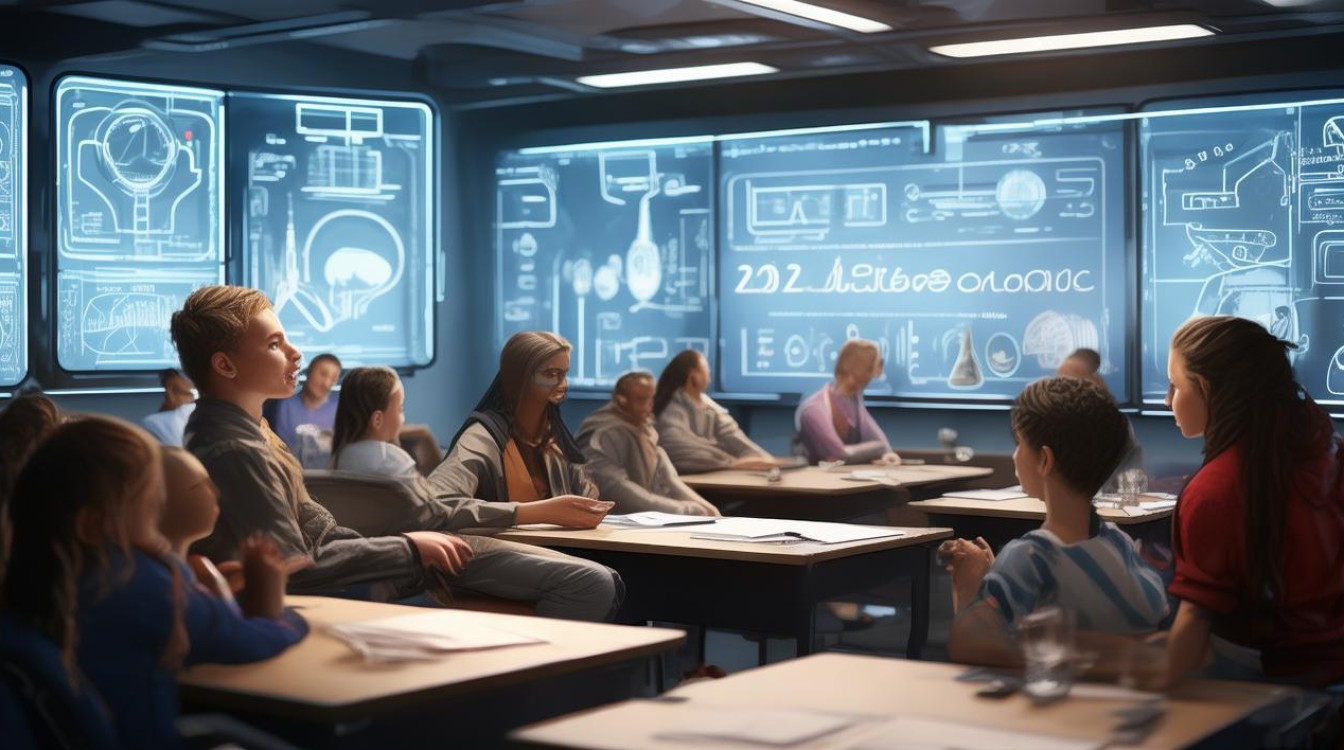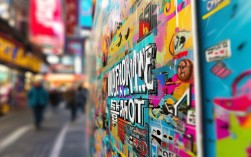在2025年雅思口语考试中,"science"(科学)作为高频话题,常出现在Part 1的日常兴趣延伸、Part 2的个人经历描述以及Part 3的社会现象探讨中,考生需围绕科学领域的具体分支、科学对生活的影响、科学家的角色等维度展开,结合实例与逻辑分析,展现语言表达与思辨能力的结合。

科学话题的核心方向
2025年雅思口语中的"science"话题并非抽象概念,而是聚焦于可感知的科学现象与应用,考生需熟悉以下细分领域:
- 日常科学:如气象学(天气预测)、物理学(简单机械原理)、生物学(动植物习性)等,贴近生活经验。
- 前沿科技:如人工智能、基因编辑、可再生能源等,需关注其社会影响与争议。
- 科学教育:学校科学课程、实验课体验、公众科学素养等,可结合个人学习经历。
- 科学家形象:对科学家的认知、科研工作的意义,或历史上的重要科学家(如爱因斯坦、屠呦呦)。
Part 1:科学兴趣的日常化切入
在Part 1中,考官可能通过简单问题了解考生与科学的关联,
- Do you like science?
- What science subject did you like in school?
- Do you often read or watch science-related content?
回答策略:避免空泛表态,需用具体细节支撑观点。
"Yes, I'm particularly drawn to astronomy. I love stargazing on weekends, and apps like Star Walk help me identify constellations. It fascinates me how physics explains celestial movements—like why the moon changes shape each night."
高分表达:
- 专业术语适度使用(如"constellation"星座,"celestial movements"天体运动),但需确保自然融入。
- 用连接词体现逻辑(如"such as", "for instance", "furthermore")。
Part 2:科学主题的个人经历描述
Part 2的卡片题可能要求描述与科学相关的经历,
Describe a science experiment you did in school. You should say: what the experiment was, when and where you did it, what you did during the experiment, and how you felt about it.
结构化回答框架:
| 部分 | 内容要点 |
|----------------|-----------------------------------------------------------------------------|
| 实验背景 | 时间(初中化学课)、地点(实验室)、目的(验证酸碱反应) |
| 实验步骤 | 材料( vinegar, baking soda, pH试纸)、操作(混合观察气泡,记录试纸颜色变化) |
| 个人感受 | 初始紧张(操作失误)、成就感(成功预测现象)、对科学严谨性的新认识 |
范例片段:
"In Year 8, my science teacher conducted an experiment about chemical reactions. We mixed vinegar with baking soda in a flask, and immediately bubbles formed—like a mini volcano! Using pH test paper, we recorded the shift from neutral (blue) to acidic (red). I was thrilled but also nervous; I almost dropped the flask! Later, the teacher explained how this reaction produces carbon dioxide, which made me realize how simple experiments reveal complex principles."
Part 3:科学现象的深度探讨
Part 3围绕科学的社会意义展开,问题更具开放性,
- Do you think science is important for society? Why?
- Could science solve all the world's problems?
- Should the government spend more on scientific research?
回答策略:辩证分析,平衡观点,引用数据或案例。
"Science is undoubtedly vital for progress, but it's not a panacea. For instance, medical science has eradicated diseases like smallpox, yet it can't address ethical dilemmas like gene editing. Government funding should prioritize both fundamental research (e.g., renewable energy) and applied science (e.g., pandemic response), but it must also include public debate to ensure technology serves humanity equitably."
高分技巧:
- 对比论证("while... on the other hand...")。
- 提出解决方案("governments should... to ensure...")。
科学话题的备考建议
- 积累核心词汇:区分"science"(总称)、"physics/chemistry/biology"(分支学科)、"hypothesis/experiment/theory"(科研步骤)。
- 准备个人案例:结合学习、阅读或观察经历,形成1-2个与科学相关的具体故事。
- 关注科技新闻:浏览BBC Science、National Geographic等,了解最新科学进展及其社会影响,避免观点陈旧。
FAQs
Q1: 雅思口语中提到专业科学术语会影响分数吗?
A1: 适度使用专业术语可体现词汇丰富性,但需确保自然且不影响理解,解释"photosynthesis"(光合作用)时,可补充"It's how plants use sunlight to make food",避免堆砌生僻词,考官更关注语言的准确性与流畅性,而非术语的复杂度。
Q2: 如果对某个科学话题不熟悉,如何应对Part 3的深入提问?
A2: 可采用"普遍原则+个人推测"的策略,被问及"Should students study science even if they don't want to be scientists?",可先肯定科学思维的重要性("critical thinking and problem-solving skills are valuable for any career"),再结合教育意义展开,避免因知识盲区而沉默。











